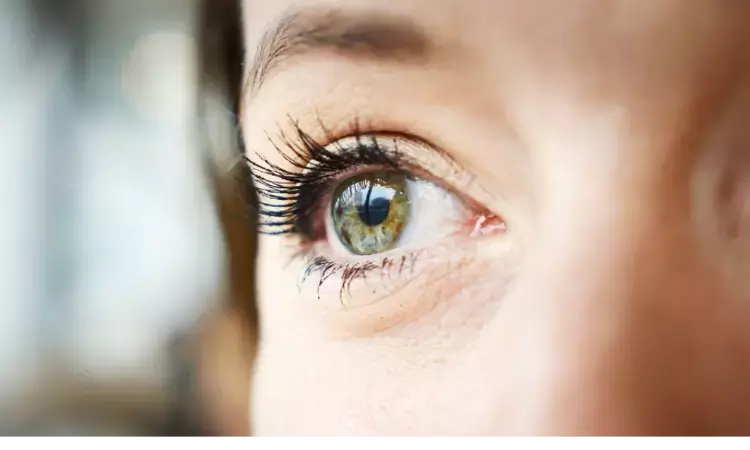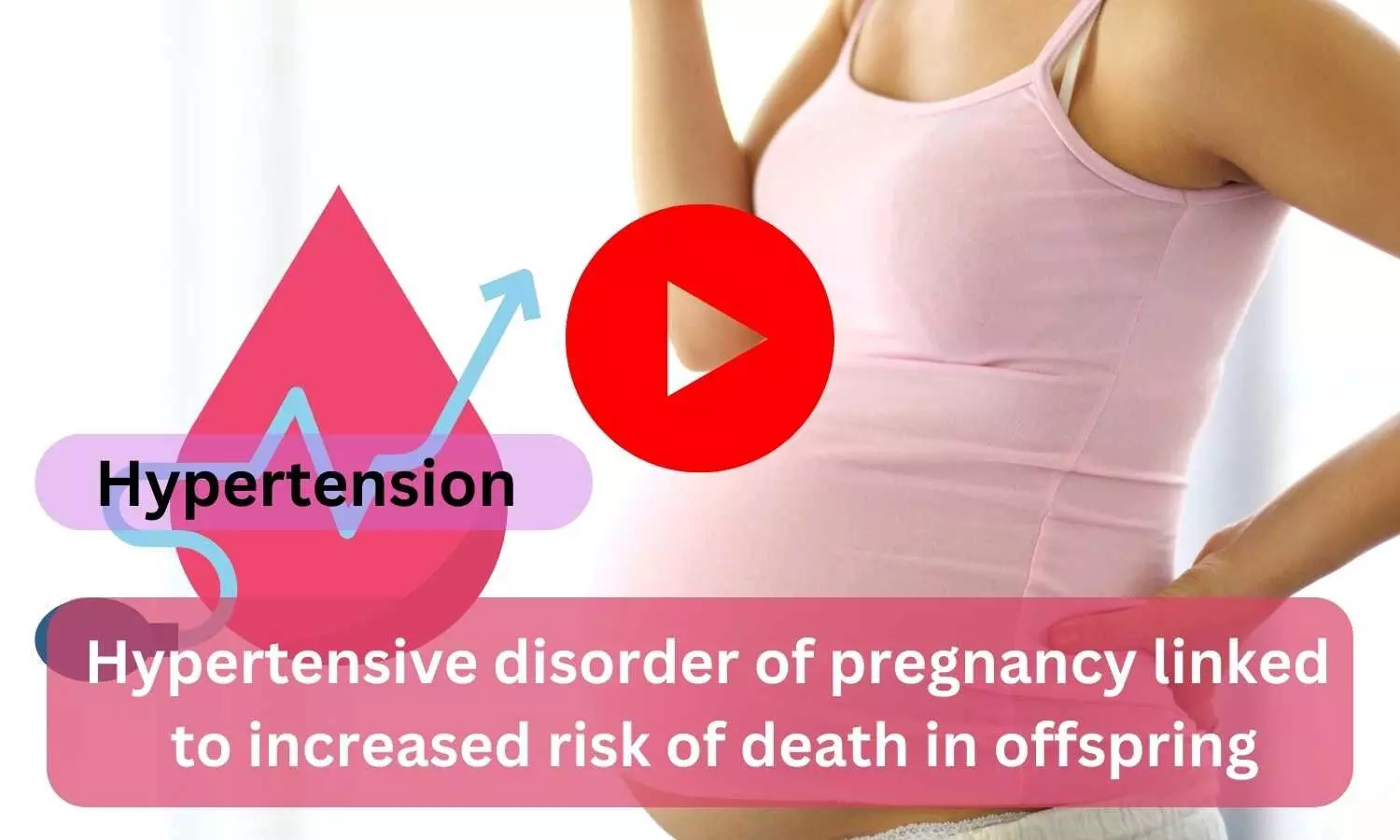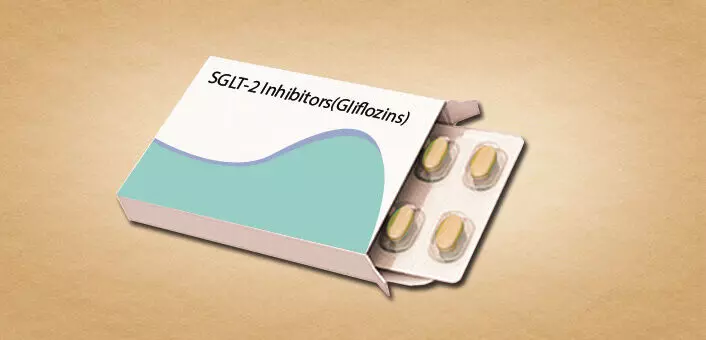- Home
- Medical news & Guidelines
- Anesthesiology
- Cardiology and CTVS
- Critical Care
- Dentistry
- Dermatology
- Diabetes and Endocrinology
- ENT
- Gastroenterology
- Medicine
- Nephrology
- Neurology
- Obstretics-Gynaecology
- Oncology
- Ophthalmology
- Orthopaedics
- Pediatrics-Neonatology
- Psychiatry
- Pulmonology
- Radiology
- Surgery
- Urology
- Laboratory Medicine
- Diet
- Nursing
- Paramedical
- Physiotherapy
- Health news
- Fact Check
- Bone Health Fact Check
- Brain Health Fact Check
- Cancer Related Fact Check
- Child Care Fact Check
- Dental and oral health fact check
- Diabetes and metabolic health fact check
- Diet and Nutrition Fact Check
- Eye and ENT Care Fact Check
- Fitness fact check
- Gut health fact check
- Heart health fact check
- Kidney health fact check
- Medical education fact check
- Men's health fact check
- Respiratory fact check
- Skin and hair care fact check
- Vaccine and Immunization fact check
- Women's health fact check
- AYUSH
- State News
- Andaman and Nicobar Islands
- Andhra Pradesh
- Arunachal Pradesh
- Assam
- Bihar
- Chandigarh
- Chattisgarh
- Dadra and Nagar Haveli
- Daman and Diu
- Delhi
- Goa
- Gujarat
- Haryana
- Himachal Pradesh
- Jammu & Kashmir
- Jharkhand
- Karnataka
- Kerala
- Ladakh
- Lakshadweep
- Madhya Pradesh
- Maharashtra
- Manipur
- Meghalaya
- Mizoram
- Nagaland
- Odisha
- Puducherry
- Punjab
- Rajasthan
- Sikkim
- Tamil Nadu
- Telangana
- Tripura
- Uttar Pradesh
- Uttrakhand
- West Bengal
- Medical Education
- Industry
Clinically significant depression linked to hyperopia regardless of genetic predisposition

The risk of incident clinically significant depression (CSD) was significantly linked to hyperopia regardless of the genetic predisposition as per a recent study that was published in the journal British Journal of Ophthalmology.
Hyperopia is a common refractive condition that can be corrected with proper assessment and interventions. Its effect varies depending on the individual age and the status of the accommodative and convergence system along with the demand placed on the visual system. Recent literature shows that hyperopia is linked to clinically significant depression. Hence researchers conducted a study to investigate the association between hyperopia and clinically significant depression (CSD) in middle-aged and older individuals and also to explore the effect of genetic determinants of hyperopia on incident CSD.
From the UK Biobank, all the participants who had available data on mean spherical equivalent (MSE) and were free of depression at baseline were included in the study. For the phenotypic association, hyperopia was defined as MSE of+2.00 dioptres (D) or greater, and was divided into mild, moderate, and high groups. Diagnosis of CSD across follow-up was determined based on electronic hospital inpatient records. For the genetic association analysis, the association between hyperopia Polygenic Risk Score and incident CSD was assessed. Mendelian randomization was assessed for causality association.
Results:
- Over a median follow-up of 11.11 years, hyperopia was significantly associated with incident CSD independent of genetic risk compared with emmetropia participants, especially in those hyperopic patients without optical correction.
- Participants in the high degree of hyperopia were more likely to have incident CSD than participants in the mild degree of hyperopia.
- Genetic analyses did not show any significant associations between hyperopia and incident CSD (p≥0.1).
Thus, the risk of incident CSD was significantly linked to hyperopia regardless of the genetic hyperopia predisposition, highlighting the significance of routine vision screening and hyperopia correction to lower CSD risk regardless of genetic risk.
Further reading: Du Z, Zhang X, Hu Y, et alAssociation of hyperopia with incident clinically significant depression: epidemiological and genetic evidence in the middle-aged and older population British Journal of Ophthalmology Published Online First: 14 October 2022. doi: 10.1136/bjo-2022-321876
BDS, MDS
Dr.Niharika Harsha B (BDS,MDS) completed her BDS from Govt Dental College, Hyderabad and MDS from Dr.NTR University of health sciences(Now Kaloji Rao University). She has 4 years of private dental practice and worked for 2 years as Consultant Oral Radiologist at a Dental Imaging Centre in Hyderabad. She worked as Research Assistant and scientific writer in the development of Oral Anti cancer screening device with her seniors. She has a deep intriguing wish in writing highly engaging, captivating and informative medical content for a wider audience. She can be contacted at editorial@medicaldialogues.in.
Dr Kamal Kant Kohli-MBBS, DTCD- a chest specialist with more than 30 years of practice and a flair for writing clinical articles, Dr Kamal Kant Kohli joined Medical Dialogues as a Chief Editor of Medical News. Besides writing articles, as an editor, he proofreads and verifies all the medical content published on Medical Dialogues including those coming from journals, studies,medical conferences,guidelines etc. Email: drkohli@medicaldialogues.in. Contact no. 011-43720751




